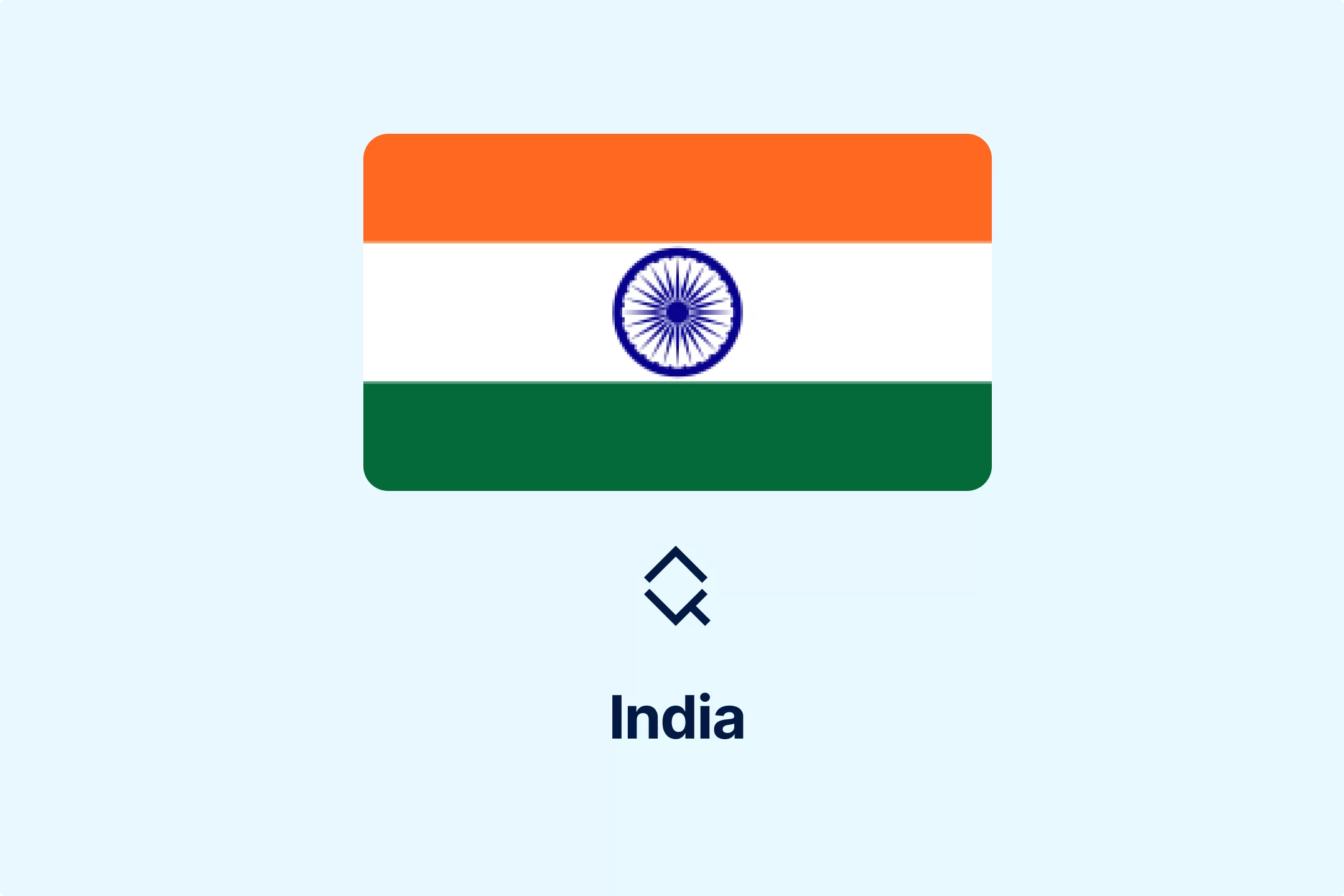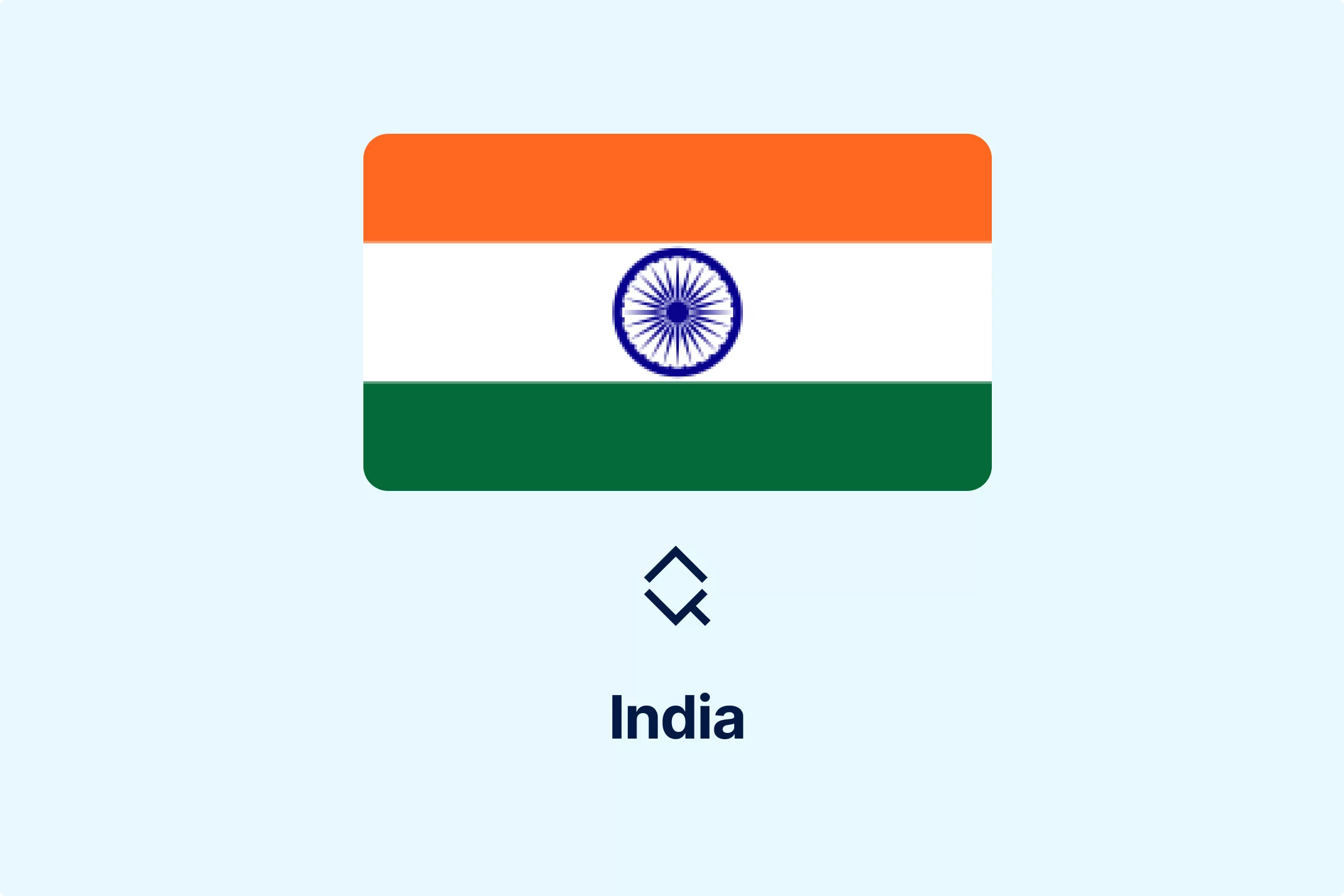India’s Next-Generation GST Reform: Key Changes in 2025

In his 79th Independence Day speech, Indian Prime Minister Shri Narendra Modi presented a detailed vision for India's development by 2047. The speech, which followed the US's imposition of additional tariffs on imports from India, focuses on self-reliance, innovation, and citizen empowerment as the foundations of India’s progress.
Additionally, the speech highlights the country’s journey from dependence to global confidence, technological advancement, and economic resilience. An essential part of the 2047 development plan is a next-generation GST reform, whose primary goals are to reduce taxes on everyday products and support small and medium businesses (SMEs).
Reform of the GST System
The Independence Day speech by Prime Minister Modi promises that the so-called next-generation GST reform will benefit SMEs, local vendors, and consumers, while boosting economic growth and creating a more efficient, citizen-friendly system. Following the Prime Minister's speech, the Indian GST Council is expected to schedule the next two-day GST Council meeting in September, where key measures for achieving the set goals are expected to be discussed.
One of the measures that should contribute to the realization of development plans includes reducing the number of GST rates, as well as lowering tax rates on daily essentials. Therefore, a 12% GST rate should be removed, and rates for health and life insurance should be rationalized. As a direct consequence of the removal of the 12% GST rate, goods and services currently subject to this rate will be redistributed across a range of GST rates, including 5% and 18%.
If these measures are enforced, there will be four GST rates applicable in India: 0%, 5%, 18%, and 28%. At this point, the 12% and 18% GST rates are considered standard GST rates for most goods and services. Currently, approximately 19% of goods are subject to a 12% GST rate, while around 21% are taxed at 5%, and 44% are subject to an 18% GST rate.
Conclusion
New GST measures, particularly those aimed at reducing the price of everyday items, are scheduled to take effect by Diwali, an Indian public holiday that falls on October 20, 2025. Therefore, the announcement that the GST council will hold its meeting in September aligns with the timeframe. However, it is necessary to wait until the GST Council meeting to determine what final measures will be adopted and enacted.
Source: Prime Minister's Office, Agenda for 54th GST Council Meeting, VATabout

More News from India
Get real-time updates and developments from around the world, keeping you informed and prepared.
-e9lcpxl5nq.webp)











